Lead testing was in the mainstream news yet again this month after a report gave California a “C+” for its policies to protect children from lead in drinking water at school. In fairness to California, it was one of the only states to receive a “passing” grade, as 22 of the 32 states analyzed received an “F” letter grade. If you’re a parent like me, however, you probably feel like a C+ report card is hardly worth celebrating—quite the opposite, in fact, if it concerns protecting my children’s health.
But what exactly did the report base its assessment on? According to the creators of the report, the Environment America Research & Policy Center and U.S. PIRG Education Fund, “more than 400 schools in California have found lead in the water at concentrations of 5 parts per billion (ppb) or greater.” Despite the fact that the EPA Action Level (AL) for lead in drinking water is 15 ppb, the report argued that this AL is not low enough, citing pediatric recommendations of 1 ppb. Other areas where California lost significant points included so-called “get the lead out” steps and testing protocols, though the state did receive some bonus points for its proactive removal of lead service lines system wide.
What may be a more apt assessment of our state’s protection of school children, however, is our progress with the lead policies currently in place. In January of 2017, the State Water Resources Control Board’s Division of Drinking Water (DDW) announced its lead testing program for schools, which encourages California schools to work with their local water providers to sample for the presence of lead in their drinking water. Under this program, if a K-12 school official requests lead testing its public water system is responsible for collecting water samples within 90 days of the request, having the samples analyzed by an ELAP-accredited laboratory, and reporting the results to the school within two business days of receiving the results—all free of charge to the school. The water system is required to collect up to 5 samples at each school requesting assistance.
Subsequently, former California Governor Jerry Brown signed AB 746 into law, requiring community water systems to test the lead levels of drinking water at all California public K-12 schools, as well as preschools and child daycare facilities, effective January of last year.
However, of the approximate 10,000 public schools associated with water systems, only half have sampled, according to data on the State Water Resources Control Board’s website. The statistics for private schools are even more striking, with only 9% having sampled. This means that 4 out of every 10 California schools have not taken the necessary steps to determine whether or not their water fixtures are delivering unsafe levels of lead to students and school staff.
This will have to change, given that AB 746 requires testing of schools on public property to be completed by July 1, 2019. And it should change, as SWRCB data shows that of the sites tested thus far, 1,120 sites had lead results between 5 and 15 ppb and 233 sites had results that exceeded 15 ppb, some of which far exceeded the AL. For example, Marjorie H. Tobias Elementary in San Mateo had a result of 1900 ppb for its multi-purpose room drinking water fountain, and has since taken corrective action.
With such high levels of lead found in schools around the State, it is somewhat disconcerting that so many California schools have yet to test their drinking water with only four months left before the deadline. In this regard, we may be deserving of that barely passing grade.
Babcock Laboratories is a 100% employee-owned NELAP and CA ELAP accredited laboratory with over 20 years of experience determining ultra-trace amounts of lead in drinking water using EPA method 200.8, which is the testing method required by the State Board for this program. In addition to lead, Babcock Laboratories offers a suite of heavy metal testing services for drinking water. If you are interested in our heavy metal testing services, including lead testing, please contact our Director of Business Development, Roan McRae.
To learn about the State's more recent AB-746 school lead testing program which in now running in conjunction with the 2017 Permit Amendments issued by the DDW, click here.

